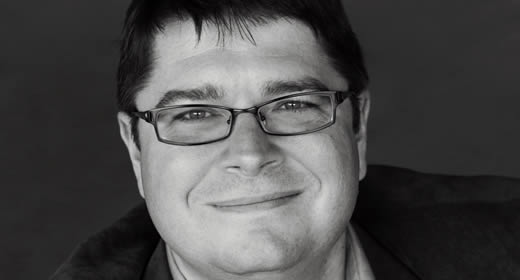
Anyone who has experienced a troublesome dynamic within a group project has probably condemned similarly structured assignments. While eliminating group work is not the solution, new research suggests that scaling down the size of a project-team may lead to more innovation.
In her February 13, 2019 article in The Scientist Magazine (a publication for life science professionals that features innovative research and new scientific discoveries regarding cellular and molecular biology, genetics, and other life-science fields) Ruth Williams examines new research conducive to sparking new scientific ideas. Professor Jason Owen-Smith, surmising the significance of the work, says that “The core finding that smaller scientific teams tend to produce more disruptive scientific findings is really interesting.”
Now, to be certain the research does not devalue large research projects, but clearly “highlights the importance of valuing small collaborations,” according to Owen-Smith. The ideal of future scientific research combines large teams developing existing research, with “small teams performing high-risk, high-reward, innovative projects.”
Owen-Smith believes that the study regarding the size of research teams helps move the future of scientific research towards achieving such an ideal. The research, says Owen-Smith, “allows us to start asking questions about how we can tune the system to get the mix we need.”
Read the full story here.
Jason Owen-Smith is a professor of sociology, as well as a public policy professor at the Ford School. Professor Owen-Smith is also the Barger Leader Institute Professor of Organizational Studies, a research professor in the Institute for Social Research at UM where he directs the Institute for Research on Innovation and Science (IRIS).